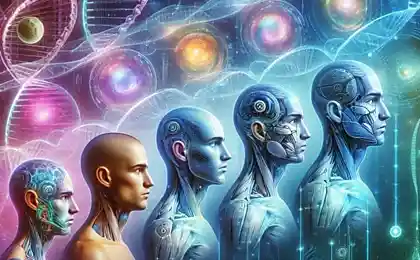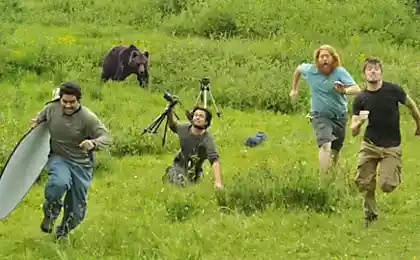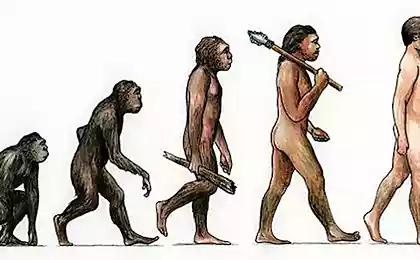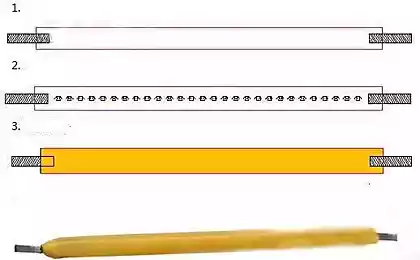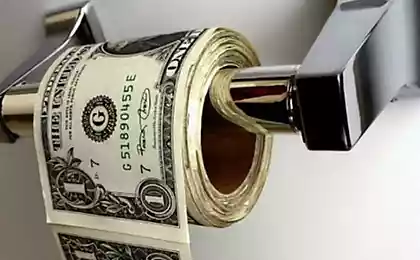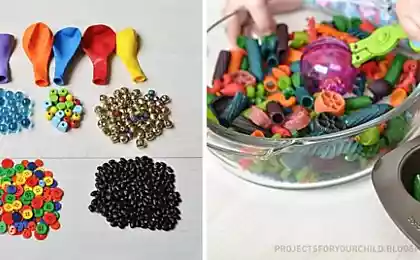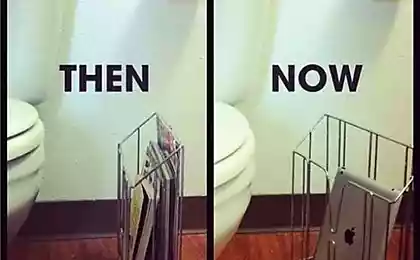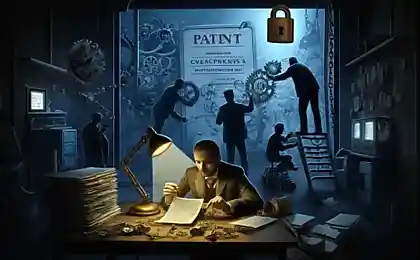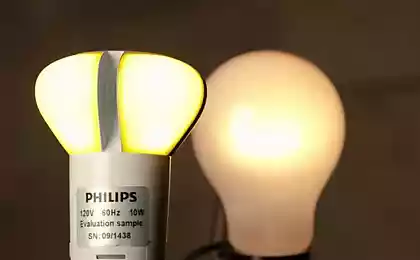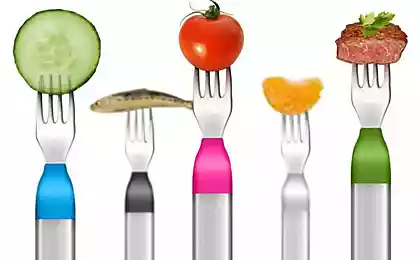247
The History of Things: How Ordinary Objects Changed the World
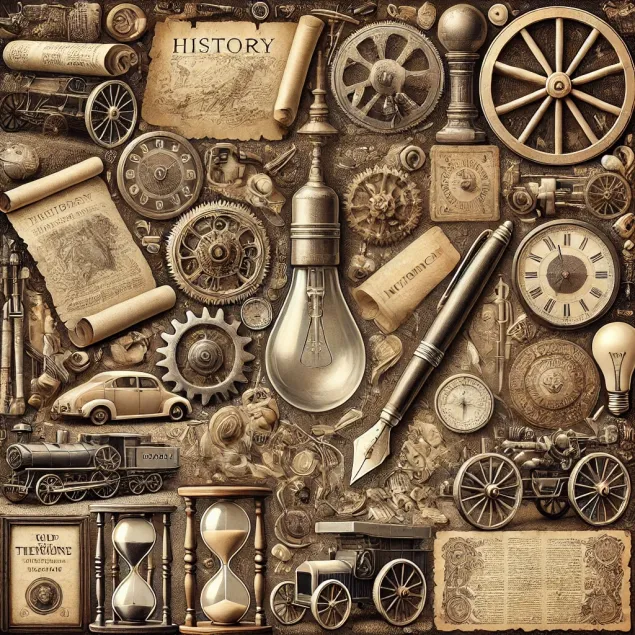
Introduction: Things That Changed Everything
Every day we use dozens of familiar objects without even thinking about their origin. The fork, the paper, the light bulb—these things seem so mundane to us that we rarely think about how they came to be and how they influenced the course of history. And after all, such seemingly simple inventions have radically changed the life of mankind.
In this longread, we will embark on a journey through the history of things that have become an integral part of our lives. How did they come about? What problems did you solve? And how did they change the world? Let's find out!
1. Fork: from luxury to everyday life
Today, a fork is in every house, but once it was a luxury item available only to the nobility. The first forks appeared in Byzantium in the sixth century and were used to avoid contact with hot food. The fork came to Europe only in the XI century, and its spread caused a real scandal. The Church considered it a “devil’s invention” and ordinary people a superfluous thing.
However, by the XVIII century, the fork became an integral part of table etiquette. Its spread not only changed the culture of food, but also affected hygiene and human health. The fork has become a symbol of civilization and progress.
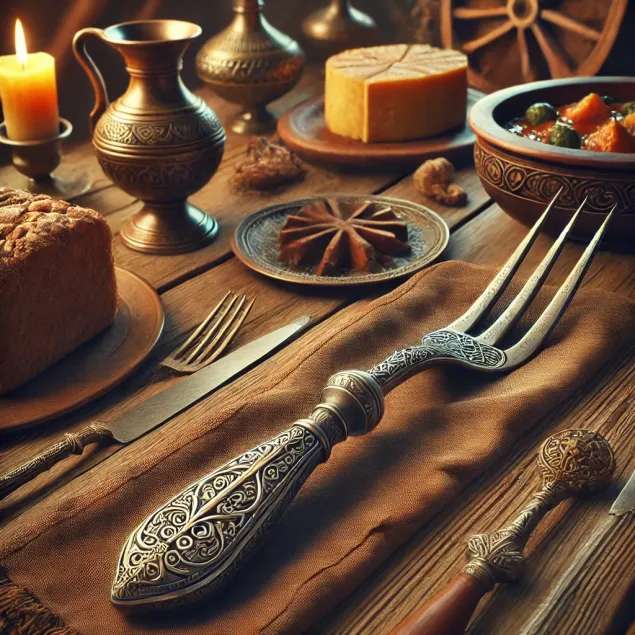
2. Paper: From Papyrus to the Digital Age
Paper is one of the greatest inventions of mankind. Its history began in China in the II century BC, where it was made from bamboo fibers and rags. Thanks to paper, knowledge became more accessible, and culture and science began to develop with incredible speed.
With the invention of the printing press in the fifteenth century, paper became the basis for the dissemination of information. Books, newspapers, documents, all made possible by paper. Today, in the digital age, paper is still an important part of our lives, although its role is changing.
3. Electric light bulb: the light that changed the world
The electric light bulb is an invention that literally lit up the world. Before it, people used candles, oil lamps and gas lamps, which were not only uncomfortable but also dangerous. In 1879, Thomas Edison introduced the first commercially successful light bulb that revolutionized household and industry.
The light bulb not only extended the daylight hours, but also changed the way people live. It made night work possible, accelerated urban development and became a symbol of progress. Today, with the advent of energy-saving technologies, the light bulb continues to evolve.
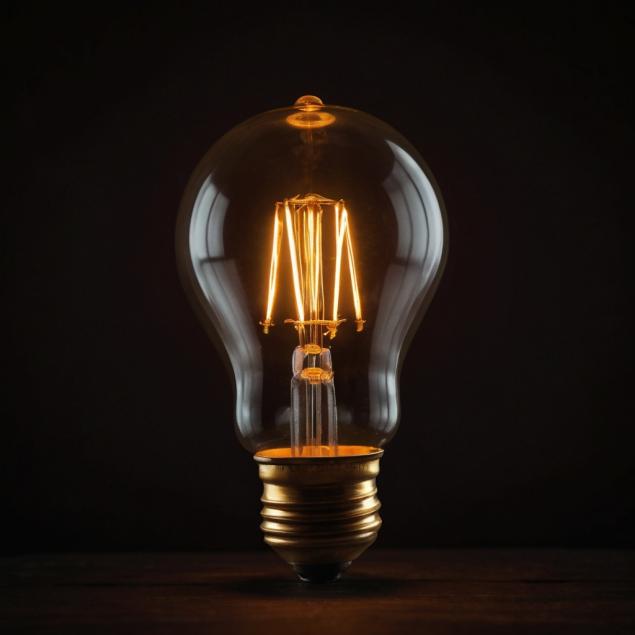
4. The Clock: The Time We Control
The clock is an invention that has changed our perception of time. The first mechanical clock appeared in Europe in the XIV century and was used mainly in monasteries. With the development of technology, watches have become more accurate and affordable, allowing people to plan their lives with unprecedented accuracy.
Today, the watch is not only a tool for measuring time, but also a symbol of status, fashion and technology. From pocket watches to smart gadgets, they continue to play an important role in our lives.
5. The Mirror: Reflection of Human History
A mirror is an object that has changed our perception of ourselves. The first mirrors made of polished stone and metal appeared thousands of years ago, but the real revolution occurred with the invention of glass mirrors in the XVI century. They have become not only everyday objects, but also tools for art, science and self-knowledge.
The mirror has influenced fashion, psychology and even philosophy. It made people think about their appearance, individuality and place in the world. Today, the mirror is an integral part of our daily lives.
Conclusion: The Things That Made Us
The history of things is the history of mankind. Every invention, no matter how simple it may seem, has become part of our world, changing it forever. Fork, paper, light bulb, watch, mirror – these objects have not only facilitated our lives, but also influenced culture, science and society.
The next time you pick up a fork or turn on a light, think about how much is behind these simple actions. Everything is part of a story that continues today.
Mysteries of the cosmos: 5 phenomena that science still can not explain
7 Habits That Invisibly Destroy Your Productivity




